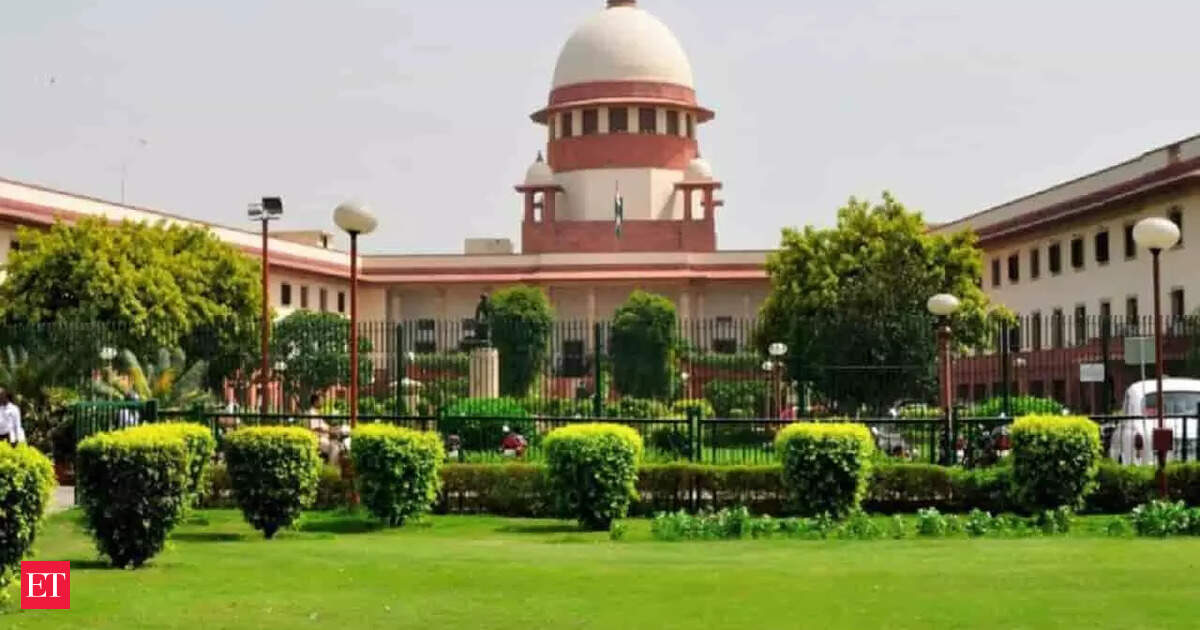Now Reading: SSC Releases List of Alleged Involvement in Cash-for-Jobs Scandal
-
01
SSC Releases List of Alleged Involvement in Cash-for-Jobs Scandal
SSC Releases List of Alleged Involvement in Cash-for-Jobs Scandal

Quick Summary
- The School Service Commission (SSC) has released names of 1,804 ineligible candidates linked to the cash-for-jobs scam, following a Supreme Court directive.
- The published list includes roll numbers, serial numbers, and names of disqualified candidates.
- The apex court earlier ordered SSC to make public details of irregularities in recruitment processes.
- Former West Bengal education minister Partha Chatterjee may be granted bail after trial court records key witness statements within two months; similar bail directives apply to Subiresh Bhattacharya and Shantiprasad Sinha, both former officials in state education bodies.
- Charges under the Prevention of Corruption Act must be framed within four weeks if prosecution sanction is given; for IPC-only offences,proceedings may continue without sanction.
- Allegations by CBI claim Chatterjee masterminded manipulative practices as part of the scandal during his tenure as West Bengal’s education minister.
- Arrested in 2022 over these allegations, Chatterjee was later removed from Cabinet and suspended from the Trinamool congress. His earlier bail plea was denied by Calcutta High Court.
Indian Opinion Analysis
The publication of names linked to recruitment discrepancies marks a notable milestone in transparency efforts aimed at restoring integrity to public service hiring processes. By adhering to Supreme Court directives, SSC demonstrates accountability-a critical factor for institutional reputation-while also shedding light on systemic vulnerabilities that allowed such corruption.
The broader implications extend beyond individual cases: rooting out corrupt practices not only deters future offenses but strengthens faith among aspirants seeking equitable employment opportunities through government channels. Bail decisions concerning senior figures like Partha Chatterjee signal an evolving judicial approach centered on procedural fairness while emphasizing urgent action against unresolved misconduct allegations within stipulated time frames.
Though, india’s governance structures must proactively address underlying causes enabling such scams-strengthening oversight mechanisms and punitive frameworks could deter recurrence while fostering trust among stakeholders reliant on merit-based recruitments.

























